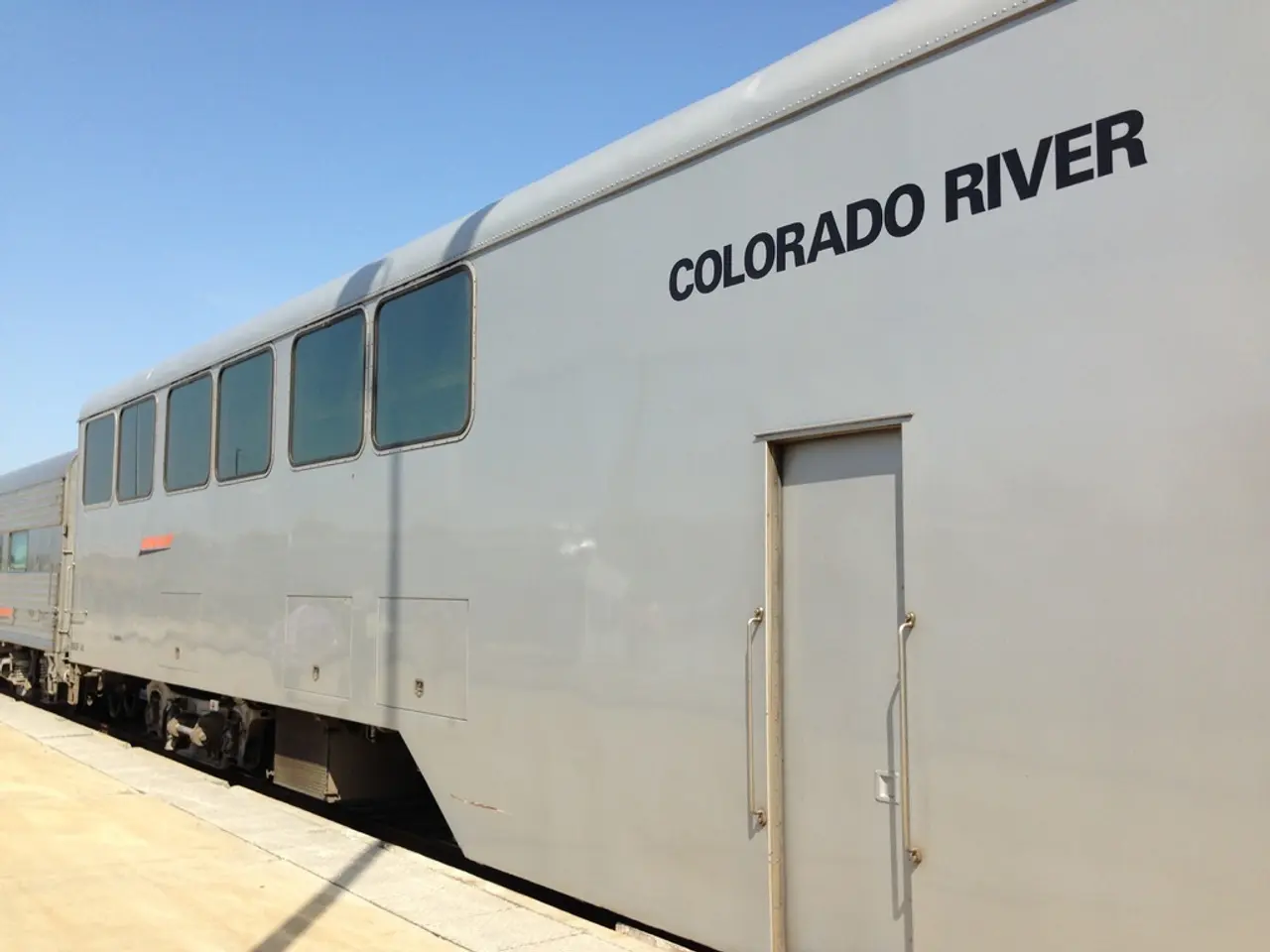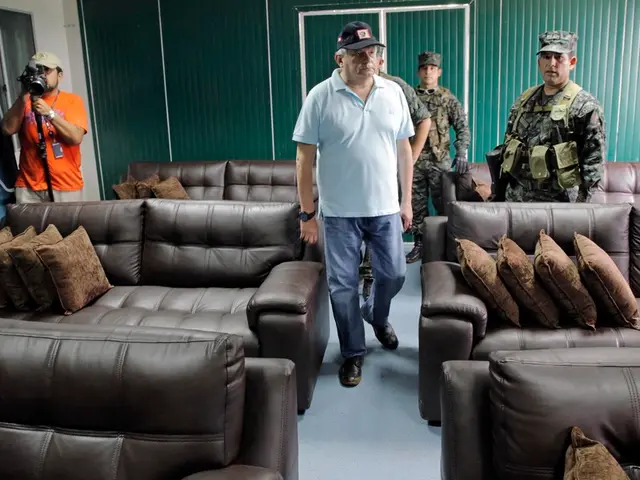THW Completes Major CBRN Exercise, Strengthens EU Response Capacity
The Technical Relief Agency (THW) Regional Association Berlin, Brandenburg, Saxony-Anhalt recently conducted a significant CBRN (Chemical, Biological, Radiological, and Nuclear) incident exercise at LSTE Eisenhuettenstadt. Over 70 deployment forces from eight local associations and the Polish fire department participated in the three-day event, focusing on various CBRN scenarios.
The exercise involved three different CBRN situations, including a biological incident on a passenger train and a chemical hazard from a damaged tanker. The THW's TTF ABC team managed these scenarios effectively. Additionally, the rescEU CBRN Decon Unit practiced vehicle decontamination, rescuing people from a debris site following a radioactive explosion.
The exercise also saw the establishment and training of the rescEU CBRN Decon Sub Unit 2.2, which focused on its own personnel decontamination. This drill deepened and strengthened the professionalization of procedures within the unit and enhanced cross-border disaster response cooperation between THW and the Polish fire department (PSP).
Notably, the exercise was part of the EU's disaster response procedure for CBRN hazards. This capacity, maintained jointly by THW, the Federal Police, and the Federal Office for Civil Protection and Disaster Assistance, can be requested when local capacities are insufficient.
The successful completion of this exercise demonstrates the THW's commitment to preparedness and cooperation in managing CBRN incidents. The rescEU CBRN decontamination capacity remains ready to support EU member states in need, ensuring a robust response to potential CBRN hazards.
Read also:
- Berlin Brandenburg Airport Struggles After Cyberattack Disrupts IT Systems
- Expanded Criticism of Human Rights Protections - Specialists Criticize Russia's Intensified Crackdown on Virtual Private Networks and Encrypted Applications
- Cyber Attack Nets $14 Million from WOO X Across Four Different Blockchains
- Artificial Intelligence's Self-Consumption: The Demise of the Attention Economy








